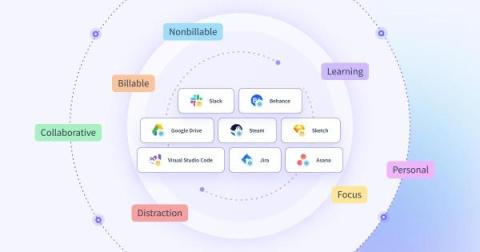Time Tracking - Meaning, Significance and Benefits in an Organization
“Time is money.” Rightly said, in business, time is costly. The time you spend on your work and the time you misuse move the business revenue meter. Therefore, we must track the time to optimize time utilization and lead to work efficiency. Time tracking is considered the lifeblood of the business. It is the most critical aspect of business, just like payroll or project management.










